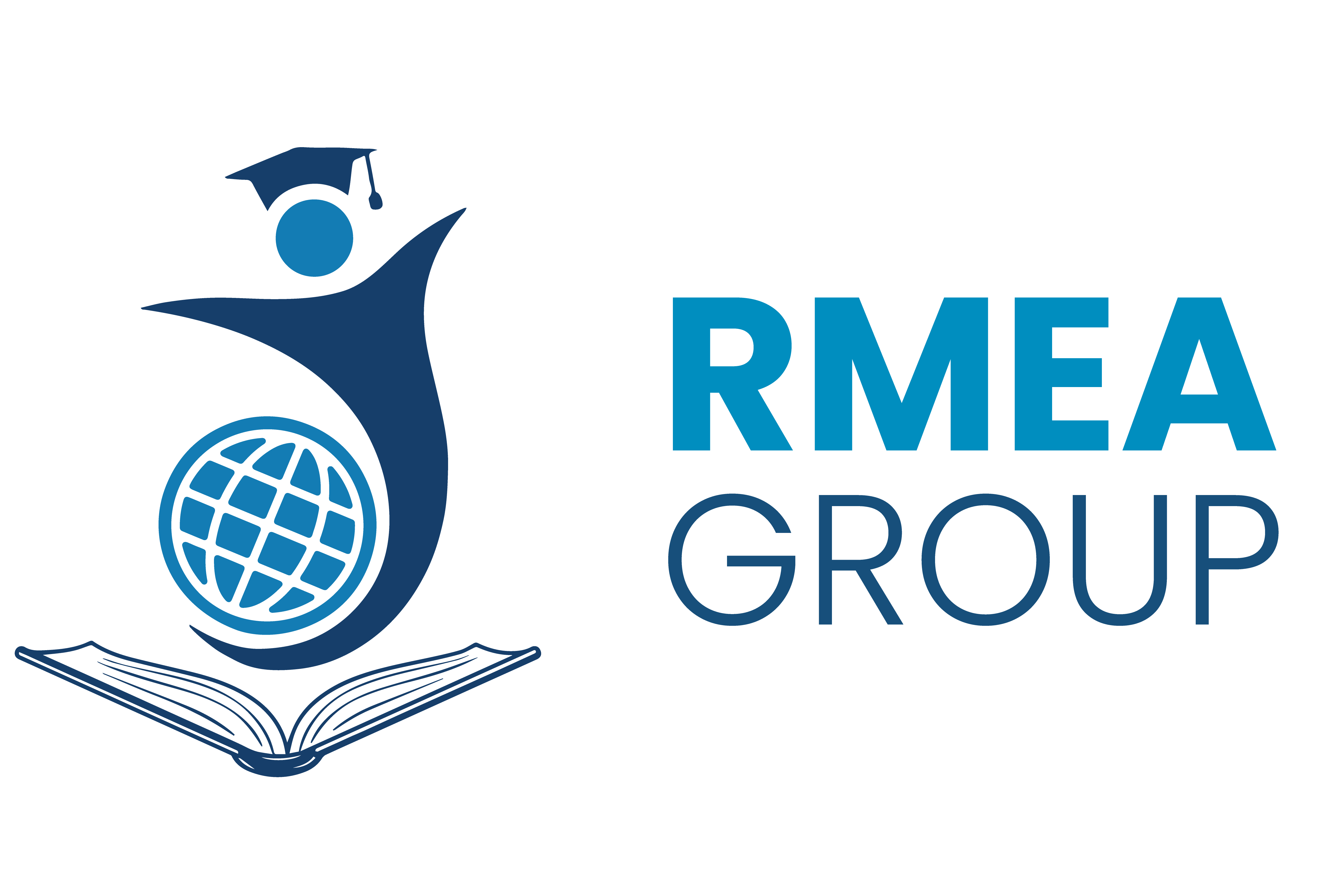Germany
280 Universities

30 Medical Universities among the top 100 Medical Universities of World

About Germany
Germans somewhat ironically call their own country “the country of poets and thinkers”. Nonetheless: There are around 400 institutions of higher educations in Germany, many of which offer English-taught study programmes — about 1,000 in total. Many German universities score high in international rankings.
Not only can you expect a world-class education when you study in Germany. At most universities, it is even for free. That’s right: No matter what country you come from, most schools offer their education completely free of charge. There are, of course, some exceptions: mostly private schools, or study programmes for students with prior professional experience. Good to know: If you decide to stay and work in Germany after graduation, you can often deduct previous tuition fees from your income tax.
Why To Study In Germany
This question should make the viewer want to open the brochure to learn more.
Top-Ranked Universities
Based on official recordings in 2018, there are 429 public higher education institution functioning in Germany among which 106 are universities.
Countless Degree Courses
In relation to having a large number of universities, Germany offers countless degree courses designed to suit everyone’s interests.
Globally Recognized Study Programs
Study programs at German universities are modern in terms of their structure and the way they’re delivered to students.
Affordable Costs of Living
With a bit of smart financial management and little tweaks to your old lifestyle, the cost of living for international students in Germany is quite affordable.
Work Opportunities For International Students
The German law states that international students are allowed to work part-time for up to 20 hours a week or 120 full days of a year.
Future Prospects
Your degree issued from a German university is a highly respected and valued qualification all over the world.

What are the benefits
Benefits Of Studying In Germany
- Students are given chance to get an internship in some of the best multinational companies of the world within the country itself
- No donation is required for getting admission in medical universities in Germany.
- No entrance test is required for admission which makes the admission process much easier.
- The MBBS and MD degrees are acknowledged by international bodies like World Health Organization and UNESCO.
- Students are provided with the practicals and experiments to improve their skills in a better way.
- The student should have completed the age of 17 years on or before 31st December of the year of admission.
- The student should have completed the age of 17 years on or before 31st December of the year of admission.
- The candidate must secure 50% marks in their 12th standard from Science stream (Physics, Chemistry and Biology) in CBSE / ISC or any other Equivalent Board of Examination.
- As per the latest notification issued by MCI in accordance with the decision taken by Delhi High Court, students aspiring to enroll in Foreign Medical Universities in 2019, and did not qualify / register / appear in NEET - 2019; should produce an Eligibility Certificate issued by Medical Council of India at the time of admission to Foreign Medical Universities.

Frequently Asked Questions
This question should make the viewer want to open the brochure to learn more.
MBBS in Germany is known for its quality and affordability worldwide. Most of the Germany universities are recognised by institutions like MCI, WDOMS, and ECFMG for providing medical study.
No, MBBS in Germany is not expensive at all, instead, studying MBBS in Germany is more affordable and feasible than any other private medical college in India.
Yes, the 6 years of MBBS Study in Germany includes an internship for about 1 year towards the end for equal emphasis on theoretical and practical training.
Yes, you can practice the profession in India once you clear FMGE/NEXT exam conducted by MCI after the completion of your MBBS study in Germany.
When you plan to study MBBS in Germany, you can request a personal counselling session to get more information by getting in contact with us. We will guide you from there on and help you with the required paperwork, arrangements for your stay, and much more.
The primary requirements for applying to MBBS in Germany includes- 12th Marksheet/certificate, NEET Score Card, 2 passport size photograph and a strong will to become a doctor.
